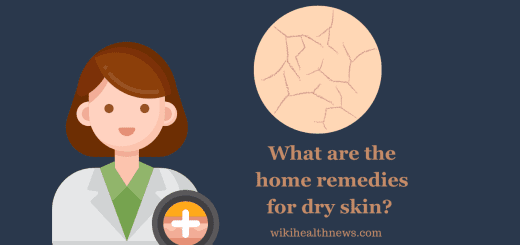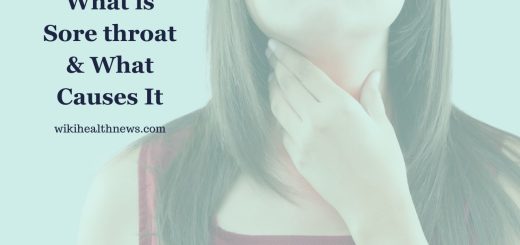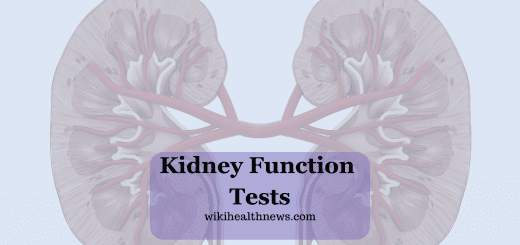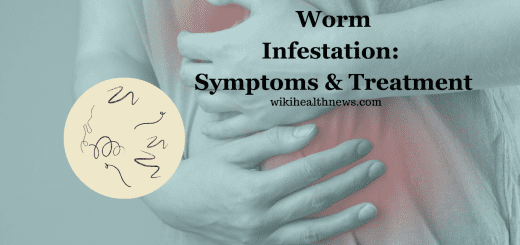Depression Dysregulates Emotional Expressions

Depression is classified as a mood disorder that may be described as a persistent feeling of sadness. It involves loss of interest, or anger that interferes with a person’s day to day activities. Depressive disorders are dysregulations of emotional expressions. This illness incurs a lot of financial expenditure in terms of health care expenses and work loss days.
What Types of depression you can have?
- Major Depressive Disorder (MDD)
- Persistent Depressive Disorder (PDD)
- Bipolar Disorder.
- Postpartum Depression (PPD)
- Premenstrual Dysphoric Disorder (PMDD)
- Seasonal Affective Disorder (SAD)
- Atypical Depression.
Symptoms of depression
Depression may occur only once during life, but people typically have multiple episodes. During these episodes, symptoms occur most of the time, nearly every day. It includes:
- Feeling tearful, sad, hopeless or empty.
- Irritability, angry outbursts or frustration even for small issues.
- Loss of interest and pleasure in most of the normal activities such as sports, hobbies and even in sexual activity.
- Sleep disturbances are either hypersomnia or insomnia.
- Lack of energy and tiredness.
- Weight loss and reduced appetite or increased cravings for food and weight gain
- Anxiety, agitation and restlessness
- Slow thinking, speaking and body movements
- Feeling worthless or guilt, self blaming or fixating on past failures
- Trouble in thinking, to concentrate, making decisions and remember things
- Episodes of depression involving recurrent suicidal thoughts.
- Physical problems, such as headaches and back pain
Depression symptoms in children and teens
In younger children, symptoms may include sadness, worry, irritability, clinginess, aches and pains, refusing to go to school, or being underweight.
In teens, symptoms may include sadness, feeling negative and worthless, irritability, anger, poor performance, feeling misunderstood and extremely sensitive, administering drugs or alcohol, eating or sleeping too much, self-harm, lack of interest in regular activities, and avoiding social interaction with people.
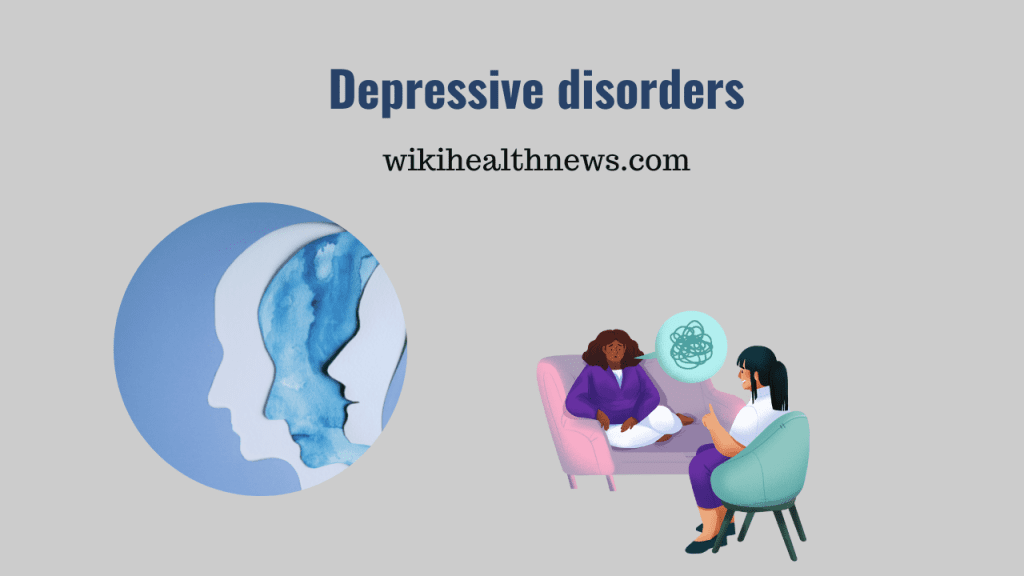
Depression symptoms in older adults
- Memorizing difficulties or personality changes
- Physical pain
- Fatigue, loss of appetite, lack of sleep, loss of interest in sex —
- No interest in socializing
- Suicidal thoughts
What causes depressive disorders?
- Psychological Factors:
- Biological differences
- Brain chemistry & structure
- Hormone changes
- Inherited traits
- Brain chemistry
- Early childhood trauma.
- Medical conditions- such as chronic illness, insomnia, Parkinson’s disease, stroke, heart attack and cancer
- Substance use
- Physical Pain.
- Environmental Factors:
- Financial problems
- Job loss
- Stress at workplace
- Stressful relationships with family members
- Separations/divorce
- Death of a loved one
- Unemployment
- Chronic health conditions or terminal illnesses
- Social isolation
- Violence in family
- Low income
- Living alone in a room
What to do if you have symptoms of depression?
Get help – get in touch with health care providers nearby.
You can contact any organizations dealing with such issues like:
- Mitram Foundation
- Sangath
- Arpita Suicide Prevention Helpline
- Vandrevala Foundation
- Parivarthan
- Voice That Cares (ROCF)
Treatment
Selective serotonin reuptake inhibitors (SSRIs)
The most commonly prescribed antidepressant medications have few side effects. Depression is treated by increasing the availability of the neurotransmitter serotonin in your brain.
SSRIs should not be administered with certain drugs including MAO inhibitors and in certain cases thioridazine or Orap (pimozide).
Drugs: citalopram (Celexa), escitalopram (Lexapro), fluvoxamine (Luvox), paroxetine (Paxil, Paxil XR, Pexeva), and sertraline (Zoloft).
Serotonin and norepinephrine reuptake inhibitors (SNRIs)
SNRIs treat depression by increasing neurotransmitters serotonin and norepinephrine in your brain.
SNRIs should not be administered with MAO inhibitors.
Drugs: levomilnacipran (Fetzima), milnacipran (Savella), and venlafaxine (Effexor XR), desvenlafaxine (Pristiq, Khedezla), duloxetine (Cymbalta, Irenka),
Tricyclic antidepressants
Tricyclic antidepressants (TCAs) treat depression by increasing the neurotransmitters serotonin and norepinephrine in your brain.
TCAs have more side effects than SSRIs or SNRIs.
Drugs:amitriptyline (Elavil), doxepin (Sinequan), imipramine (Tofranil), trimipramine (Surmontil), desipramine (Norpramin), nortriptyline (Pamelor, Aventyl), and protriptyline (Vivactil).
Atypical antidepressants
Noradrenaline and dopamine reuptake inhibitors (NDRIs)
These drugs are used in treating depression by increasing the levels of dopamine and noradrenaline in brain.
Drugs: bupropion (Wellbutrin).
Monoamine oxidase inhibitors (MAOIs)
MAOIs increase the levels of norepinephrine, serotonin, dopamine, and tyramine in brain.
Due to side effects, MAOIs are not the first choice for treating mental health disorders. They are typically used if other medications are unsuccessful in treating depression.
Drugs: Phenelzine (Nardil), selegiline (Emsam), tranylcypromine (Parnate), isocarboxazid (Marplan).
N-methyl D-aspartate (NMDA) antagonists
N-methyl-D-aspartate (NDMA) antagonists increase glutamate levels in the brain. Glutamate is a neurotransmitter involved in depression.
Drug: Esketamine is a nasal spray
Side effects: tiredness and dissociation (difficulty with attention, judgment, and thinking) after administering the medication.
Psychotherapy
Psychotherapy is also known as “talk therapy,” Psychotherapy is often used alongside medical treatment with drugs.
Cognitive behavioral therapy (CBT)
In CBT, a therapist will uncover unhealthy patterns of thought and identify how they are causing harmful behaviors, reactions, and beliefs about themselves.
Other therapies include-Dialectical behavior therapy (DBT), Psychodynamic therapy which is similar to CBT and Psychotherapy
Light therapy
Exposure to certain amount of doses of white light can help to regulate mood and improve symptoms of depression. Light therapy is commonly used in seasonal affective disorder, which is now called as major depressive disorder with seasonal pattern.
Electroconvulsive therapy (ECT)
Electroconvulsive therapy (ECT) uses electrical currents to induce a seizure, it’s used in individuals with severe depression or depression who are resistant to antidepressant medications.
Side effects include nausea, headaches, confusion or disorientation, muscle aches and soreness, and few patients may even develop memory problems.
Read more







